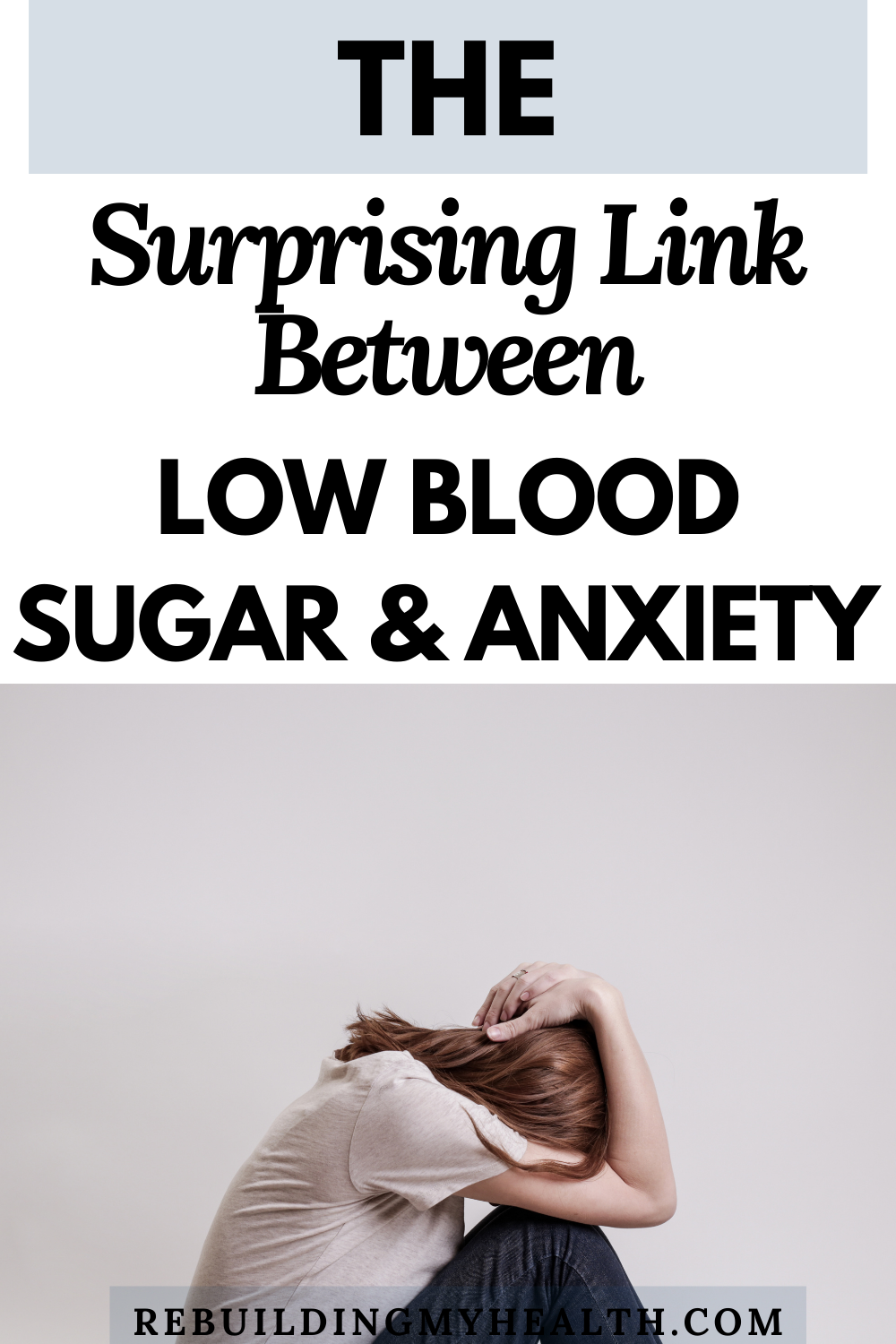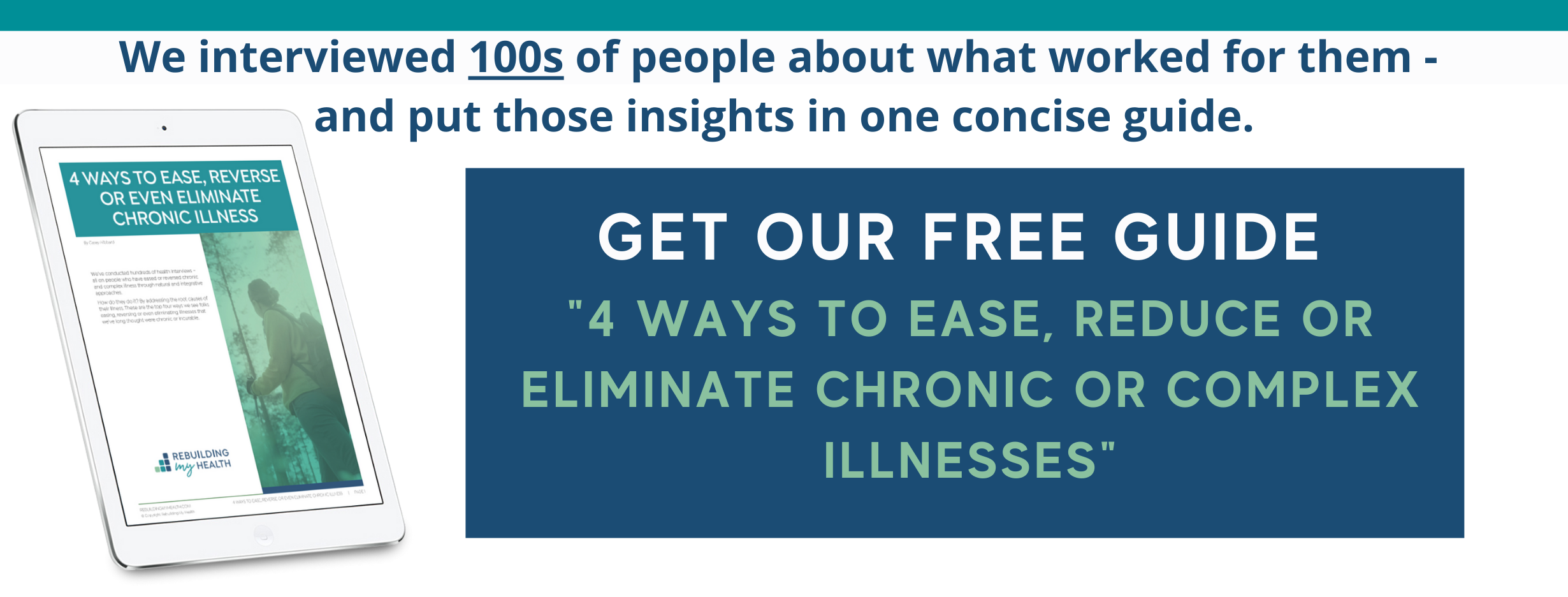Low Blood Sugar a Surprising Trigger for Young Woman’s Anxiety
Looking back, Honore can’t recall a time when she wasn’t anxious. As a child, the feeling was ever-present.
“It was a very physical experience for me,” she says. “It was sort of like this achy feeling in my stomach combined with the emotion of feeling very stressed, but not about anything in particular. I’d wake up a lot of mornings with it.”
That feeling continued into adulthood, and peaked with an occasional panic attack.
She experimented with marijuana and CBD oil as ways to reduce her anxiety. Both helped some, but also affected her mental alertness.
“It would almost get me too calm, where I was a bit disconnected from the present moment,” she says.
The Gut-Brain Connection
In her early 20s, Honore found a therapist that specializes in mental health nutrition. Stephanie Small is a licensed psychotherapist as well as a nutritionist who works one-on-one with individuals and teaches other therapists about mental health nutrition.
Just as our bodies function better with the right nutrients, Small says, so do our minds.
“When you’re giving your body the nutrients it requires, it means all systems of the body are working better,” she explains. “Certain nutritional deficiencies are tied to mental health issues such as depression, anxiety, schizophrenia, bipolar, ADD, dementia and so on.”
But it goes beyond eating well.
“You can be eating a great-quality diet, but if your gut is not working optimally to process it, you’re not going to be making use of it,” she says. “We have to make sure your gut is actually breaking down what you’re giving it, so that it can send the nutrients where it needs to go.”
Small says that 90 percent of our serotonin, a feel-good neurotransmitter, is manufactured in the gut.
Low Blood Sugar and Anxiety
When Honore started seeing Small, her evaluation began with an extensive self-assessment that asked about everything from mood to sleep to digestion.
As Honore mapped the patterns of her moods, it became clear to Small that low blood sugar was at play.
“Managing my blood sugar really helped,” Honore says. “When I wouldn’t eat enough protein and my blood sugar was low, I was anxious, depressed and raging. It was a big factor.”
She began eating meals with protein four times a day. After about three hours without protein, she noticed her anxiety creeping back, leading Small to recommend a couple of supplements to aid in blood sugar.
She took one bottle each of inositol and berberine to help regulate her blood sugar. Inositol is a form of sugar that can help with metabolism and mental health while berberine has been shown to stabilize blood sugar.
After finishing those supplements, Honore found she could go longer without eating and eventually stretched her meals out to three times a day – always including protein.
Additionally, on Small’s suggestion, Honore began taking 500 mg of GABA up to three times a day. GABA, short for Gamma-Aminobutyric acid, is an amino acid produced in the brain. It’s a neurotransmitter that facilitates communication among brain cells.
With this combination, Honore found her anxiety and mood swings finally eased.

More Surprising Reasons for Anxiety, Depression and More
Honore’s root causes, low blood sugar and low GABA, are just two of the common reasons that Small has found for mental health challenges.
Others might be low serotonin, poor sleep or bad digestion – factors that many wouldn’t connect with anxiety, depression and other mental health complaints.
“People get used to the idea that they have to live with symptoms or that they just have to take antacids or anti-depressants [for health problems],” Small says. “The majority of the time, this can be achieved holistically.”
If you liked this story, you might enjoy: Canadian Woman Finally Finds Tactics to Stop Panic Attacks and Ease Anxiety.
The information on this site is for educational and inspirational purposes only and is not intended to replace the advice of qualified professionals. Keep in mind that what works for one person may not work for another. Always consult your healthcare practitioners before beginning new approaches or treatments. Some links on Rebuilding My Health may be affiliate links. This means that we may receive a commission - with no additional cost to you - if you make any purchases using those affiliate links. Rebuilding My Health is a participant in the Amazon Services LLC Associates Program. Learn more.


